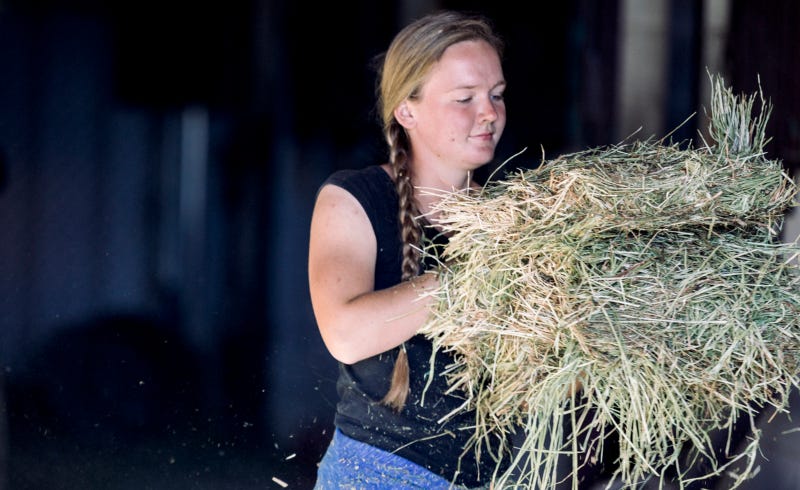Embracing Your Burdens: Finding Strength in Failure
Written on
Chapter 1: Understanding Our Interconnectedness
At times, our emotions are not the core issue; rather, it's the unrealistic expectations and undue criticism that amplify and skew our feelings. Often, we carry emotions imposed by others—thoughts we once accepted as truth but may not genuinely belong to us.
“In nature we never see anything, but everything in connection with something else which is before it, beside it, under it and over it.”
- Johann Wolfgang von Goethe
We exist in a world that thrives on connections. While we must take responsibility for our choices, it's crucial to recognize how our early relationships have shaped our burdens. For instance, a nurturing start may lead someone to struggle with the pain others endure, while a difficult beginning can leave another feeling inadequate, even when they are seen as a blessing by others.
The focus isn't on assigning blame or questioning accountability; it's about understanding our experiences. The pain we feel often stems from a web of interconnectedness, where the hurt we endure may trace back to others who have suffered as well.
The dynamics of these connections can either complicate or simplify our lives. Vulnerability arises when we risk being hurt by those we wish would show us kindness. Yet, this same interconnectedness presents a chance to be the kind-hearted individual that others yearn for. If someone isn't prepared to accept your kindness, it's okay to move on; you offered your gift, but it wasn't the right moment. However, if they are ready, it becomes a beautiful opportunity to uplift one another.
When you make a mistake, it's essential to acknowledge your choice and the factors that led to it. Strive for a balance where you hold yourself to high standards while also allowing room for self-compassion.
“You may encounter many defeats, but you must not be defeated. In fact, it may be necessary to encounter the defeats, so you can know who you are, what you can rise from, how you can still come out of it.”
- Maya Angelou
Imagine if you had a more robust decision-making ability, honed through intentional practice. Would you have made a different choice? Likely, yes. Consider your character as a muscle that requires training and development, rather than a fixed trait destined for failure. Failure itself can be a building block for growth. Sometimes, stumbling is the best way to learn how to succeed. You will emerge stronger from this experience. You've got this!
The first video, "His Yoke Is Easy And His Burden Is Light (Matthew 11:30) || David Platt," explores how we can find relief from our burdens through faith.
The second video, "His Yoke is Easy and His Burden is Light || David Platt," emphasizes the importance of understanding our struggles in the context of divine support.
Chapter 2: Learning from Failure
Failure is not the end; it's often the path to improvement. Each misstep provides valuable insights that contribute to our growth. Embrace your challenges, and allow them to shape you into a better version of yourself.
Subsection 2.1: The Power of Reflection
Reflecting on our experiences helps us understand our motivations and decisions, fostering personal growth.

Subsection 2.2: Cultivating Resilience
Building resilience is essential for navigating life's ups and downs. Embrace your failures as opportunities for growth and learning.
About the Author
Andrea Wilburn is committed to navigating life's uncertainties while sharing her insights with others. Through writing, she aims to provide guidance and support derived from her experiences.